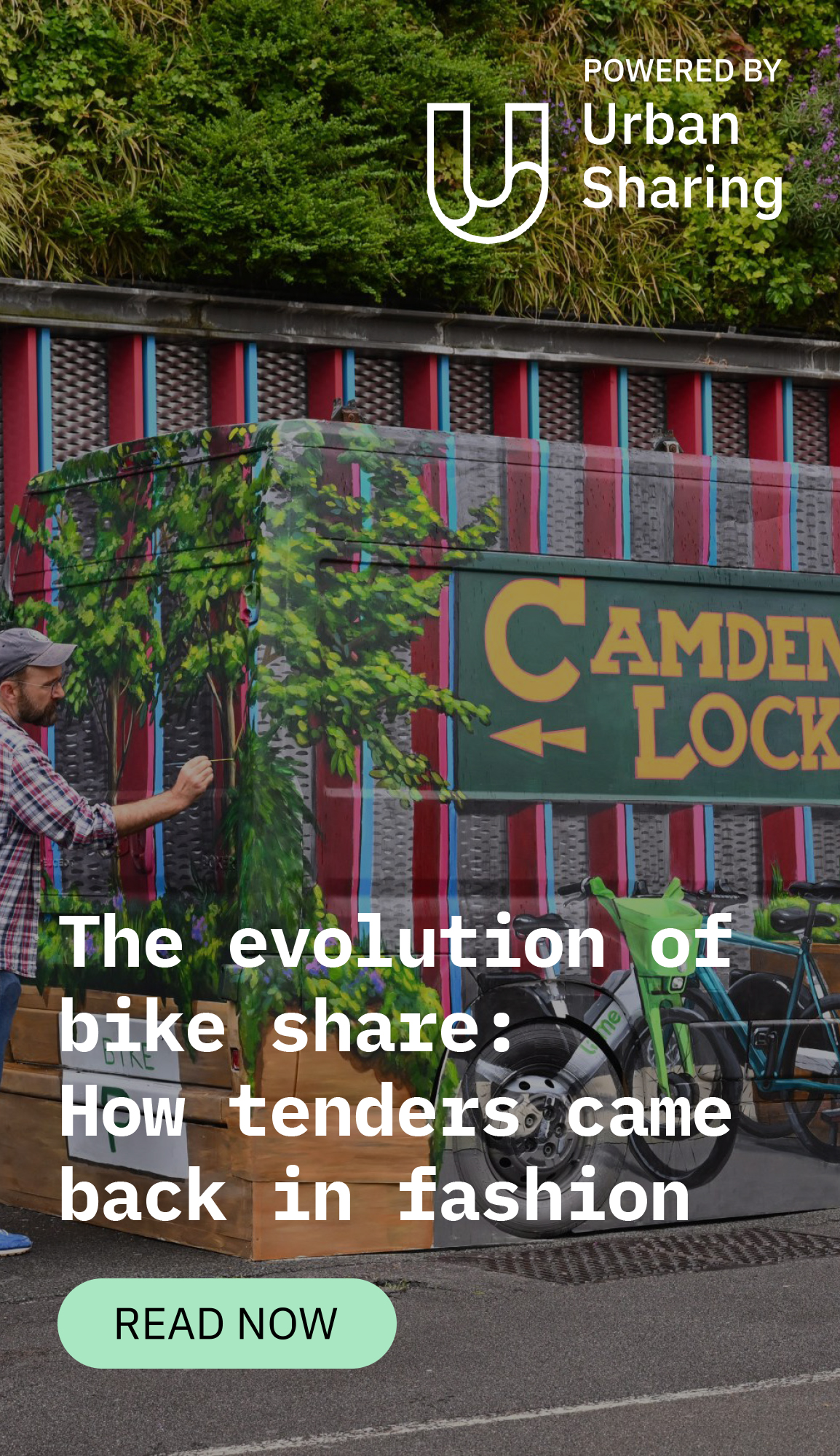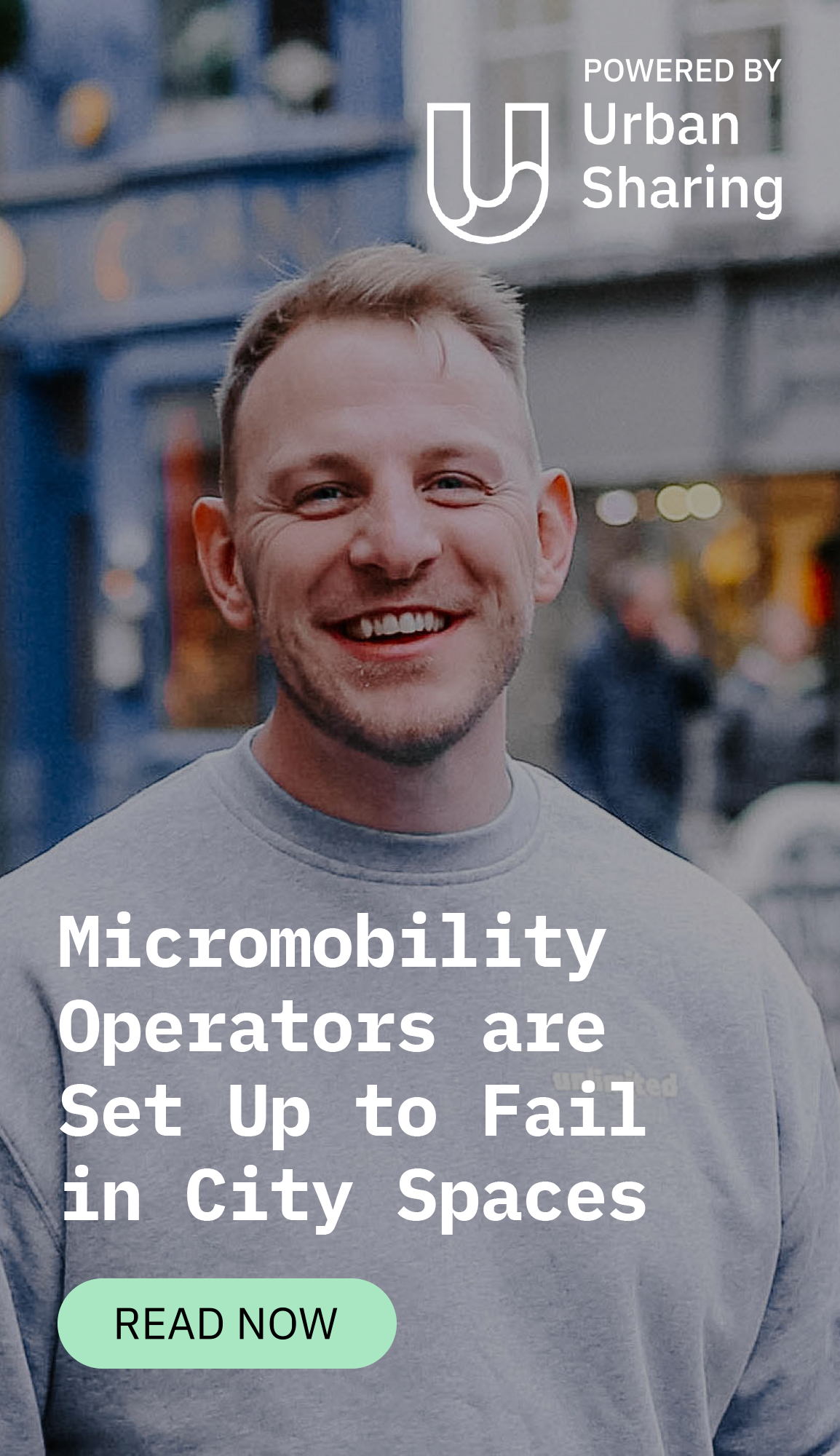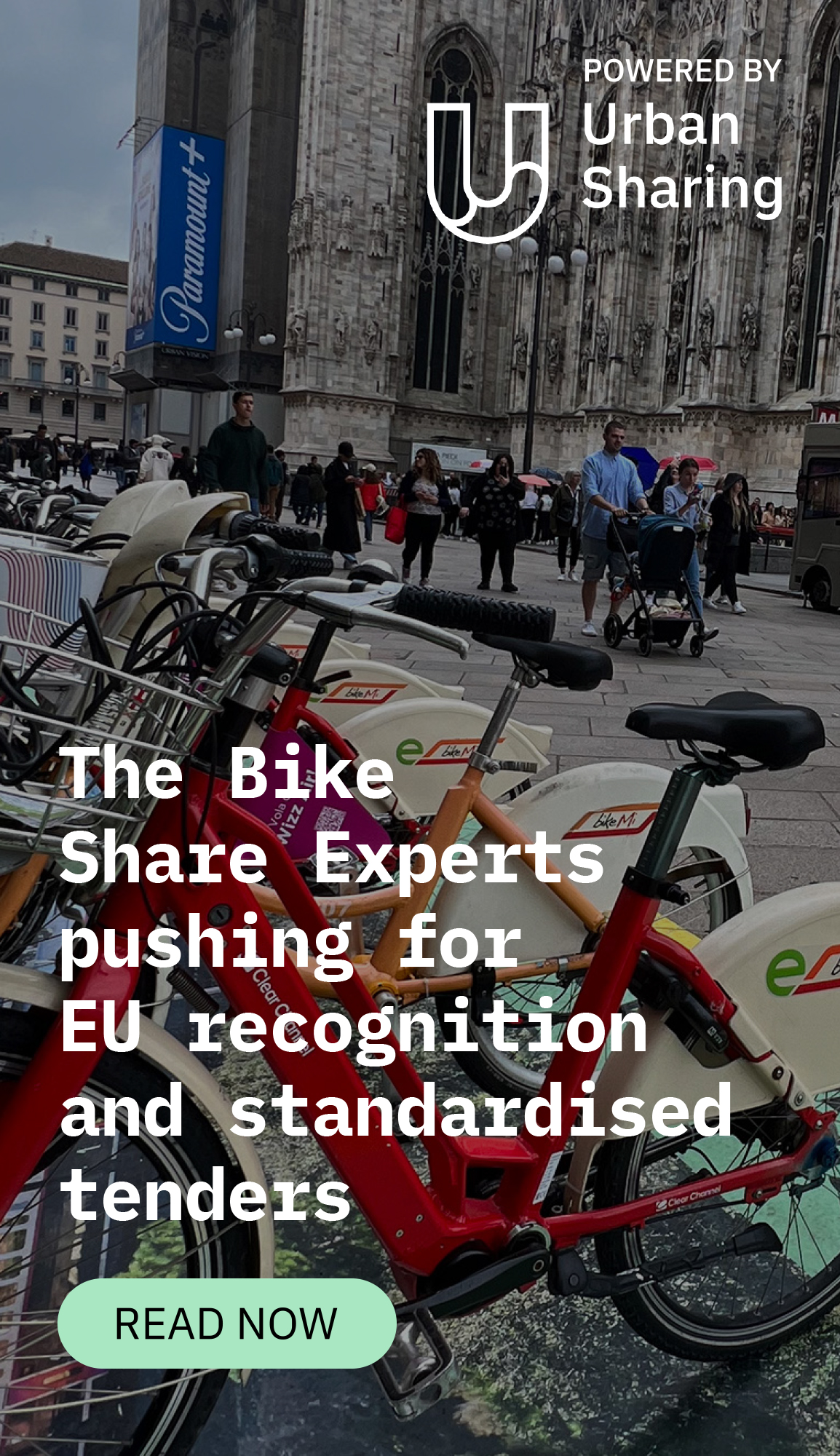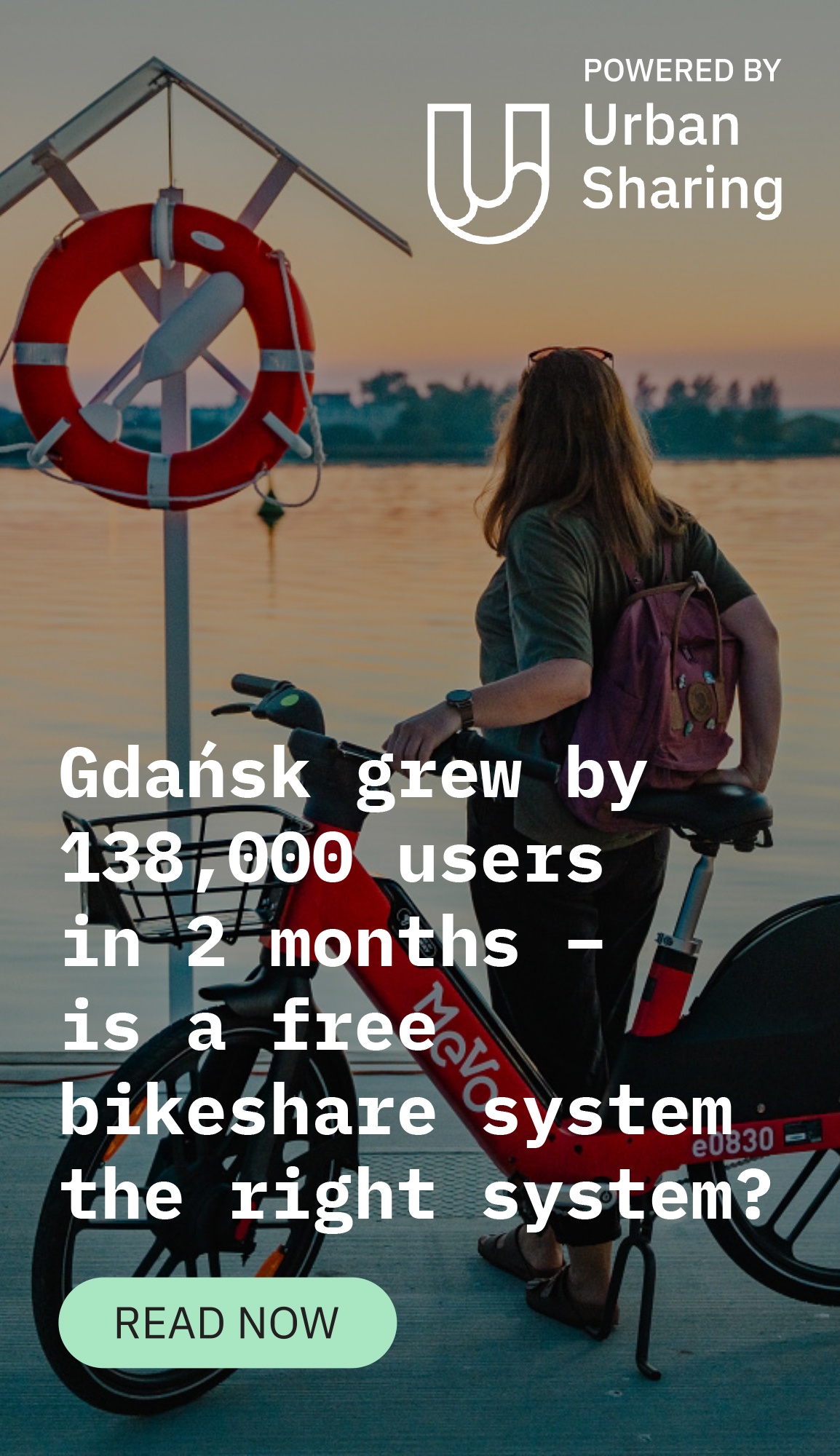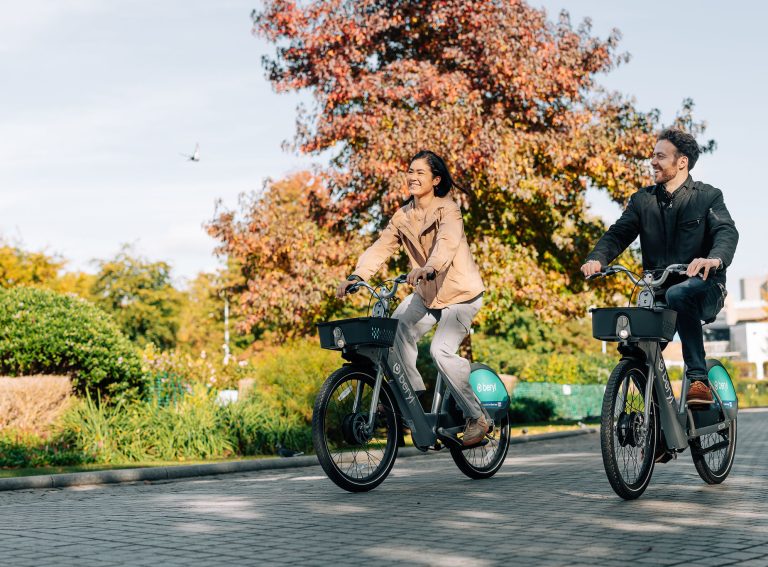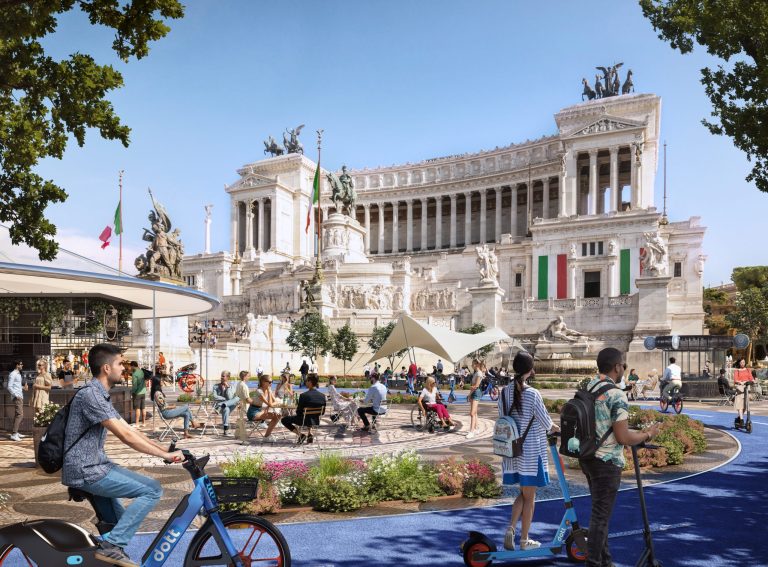Author: Philip Ellis, CEO and Co-Founder, Beryl
Micromobility is a fast-developing industry where you cannot afford to stand still, but with new investment, new schemes and new vehicles on the horizon, we are full of optimism for 2023.
Some of our stand out moments from 2022 were launching several new schemes, expanding existing ones and getting re-certified as a B-Corp for another three years. We also smashed through several ridership milestones; including one million user journeys in Bournemouth, Christchurch and Poole and two million kilometres ridden in Norwich.
Our 2022 Annual Rider Report showed a number of positive trends. For instance, the number of people using our vehicles for commuting has almost doubled, with 55% of users compared to 27% in 2021. The number of people using Beryl to connect with public transport has similarly increased to 53% from 29% in 2021. Also, 38% of all riders have reduced their car usage since using Beryl – an increase from 29% last year. Now the challenge is to build on this progress even further and we’re confident we’re heading in the right direction.
Manufacturing boost
Later this year, we will look to begin the development of a new manufacturing hub in Poole.
This is a huge boost for us going into 2023 for so many reasons, not least because it allows us to manufacture even more of our products and technology in the UK. One of the company’s greatest strengths is the quality of our products and the fact that we manufacture them ourselves, rather than ship them over from abroad.
This is a real asset in a constantly evolving sector dominated by wholesale unit purchases from China. As more electric powered bikes and scooters launch, we find that these ‘off-the-shelf’ products, manufactured thousands of miles away, do not meet the standards that both we and our customers expect.
As a B-Corp registered company that provides sustainable travel solutions, our carbon footprint is crucial to us. The new hub, located close to a lot of our schemes on the south coast, further reduces any need for mass-transportation and enables us to continue meeting exceptional standards of environmental performance.
Being a B-Corp also requires us to meet exceptional standards of social performance. The investment will help ensure we continue meeting these standards, contributing to UK industry and the communities we serve by creating jobs, apprenticeships and opportunities.
Manufacturing our own products gives us autonomy as a business, which is vital to us as we continue to expand and develop as a micromobility provider.
Gen 3 launch
While we might not be able to accurately predict where the industry will be or how it will look in the future, having such levels of autonomy over our systems and products future-proofs us and keeps us ready to embrace any change.
Later this year, we will launch our new e-bike which will be the third vehicle that we have designed and produced. A more efficient motor system and sleeker frame design will make this version even better to ride. It will also be a more sustainable model, reducing wastage and part replacement, which again stays in line with the company’s B-Corp status.
Furthemore, the bike will be fitted with our smart bike technology, which is used in all of our schemes. The technology is recognised as industry-leading and is even used by third-party micromobility schemes such as London’s Santander Bikes and West Midlands Cycle Hire.
City expansions
Since we launched our first bike share scheme in Bournemouth, Christchurch and Poole in April 2019, we’ve generated almost 3 million journeys across nearly 10 million kilometres. As a company that aims to break down the barriers to sustainable transport and inspire more people to take it up, we’re delighted with the impact that we’ve had so far.
However, we want to grow further and offer even more people sustainable alternatives to encourage the switch from four wheels to two.
We recently agreed a contract with Brighton and Hove City Council to deliver the city’s new bike and e-bike share scheme. Arriving in the spring, the scheme will comprise 312 new pedal-only bikes to replace the existing pedal-only fleet, along with a further 468 e-bikes to make up a fleet of 780 in total. We’ll also expand the network of docking stations to make the scheme truly city-wide and will introduce a range of tariff options to suit different users.
Also in spring, we will be delivering an initial fleet of 286 e-bikes alongside Plymouth City Council as part of their Mobility Hubs project. The hubs will be dotted about the city and will enable people to rent e-bikes or hire, park and charge electric vehicles to encourage more people to travel sustainably. A second fleet of e-bikes will follow in the summer, taking the total to over 550.
Over the next few weeks, we will be announcing more successful bids to provide micromobility schemes to major UK urban centres, so watch this space.
Looking beyond
With the increased cost of living and the government’s recent announcement about investment into cycling and walking infrastructure, shared transportation is becoming a serious option for more and more people.
As well as being more sustainable, it removes the need to pay for charging, fuel, insurance, maintenance, security and any of the extra costs associated with owning a private vehicle.
Its increasing popularity is demonstrated by the success of our e-scooter trial schemes, which have recently been extended to May 2024 and have generated more than 1,115,000 journeys across 3,711,749 km since their introduction.
We will continue to champion micromobility as a genuine transport option and are in a good place to help local authorities looking to reduce traffic congestion, while improving public health and regional air quality.

